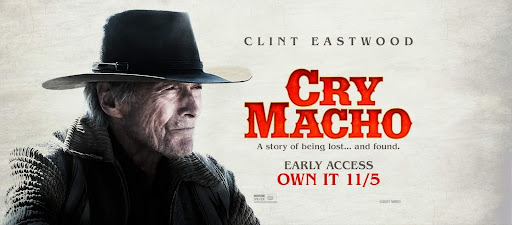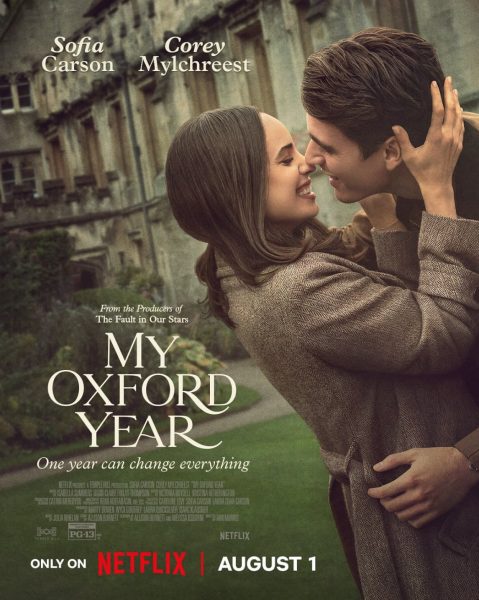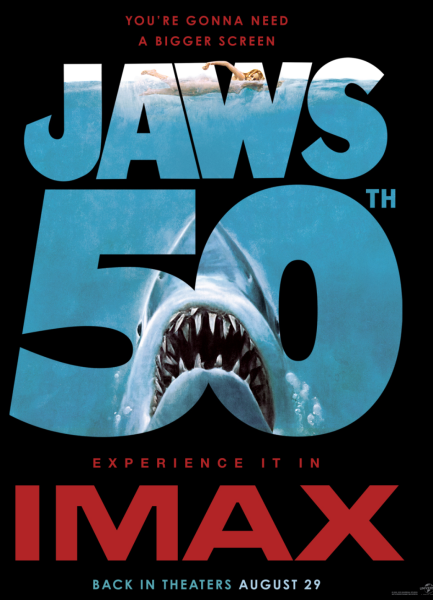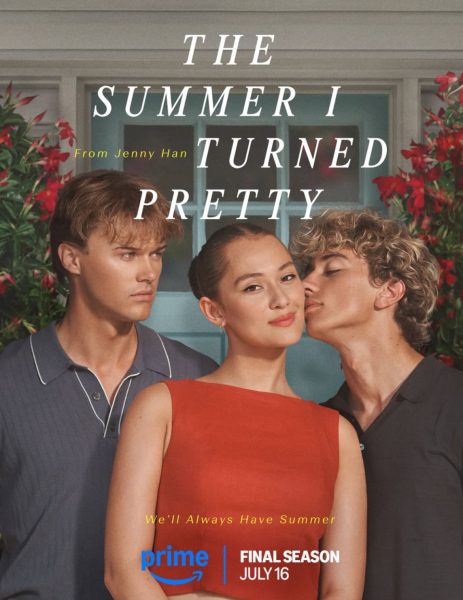Clint Eastwood Rides into the Sunset with New Film “Cry Macho”

“Cry Macho” makes a commentary on the toxicity with the “macho” protagonist in western films. (Courtesy of Facebook)
The western film genre laid the foundation for many of America’s favorite modern television shows and films. The genre rode high throughout the early 1900s, but faced increasing social challenges throughout the ’50s, ’60s and ’70s as the depiction of the outlaw became a point of contention for a country struggling to navigate a tumultuous political landscape. However, with his debut in 1959’s “Rawhide,” as well as his captivating presence in Sergio Leone’s “A Fistful of Dollars,” “For A Few Dollars More” and “The Good, the Bad and The Ugly,” one man would kick open the swinging doors of the Western saloon to the awestruck TV watchers across America. For more than 60 years, he dominated the silver screen and became the epitome of what it meant to be an American man with machismo, etching his name into the hearts of fans quicker than it took him to duel his toughest on-screen adversaries. At 91 years old, Clint Eastwood is still riding strong while masterfully challenging his legacy as America’s favorite “macho man” in his new film “Cry Macho.”
Eastwood has never been one to shy away from making his political opinions known, speaking at the Republican National Convention in 2012 and boldly vocalizing his support for former President Trump. However, “Cry Macho” is a far cry from the Eastwood America has come to love. There’s no shooting, no memorable catchphrases and, despite the title, not much “macho.” Therefore, if anyone was expecting America’s favorite outlaw to return to his gunslinging roots, they would be sorely disappointed. However, this film does not deserve to be compared to films from Eastwood’s zenith because it was made clear in the plot that this was not the film’s intention. In fact, “Cry Macho” brings out a part of Eastwood not many would expect to see — compassion.
The film chronicles the journey of a past-his-prime rodeo champion named Mike, played by Eastwood, as he looks to reunite his former boss with his son Rafo who is trapped living a seedy life on the rough streets of Mexico. Throughout this journey, Mike evades Mexican police as well as Rafo’s abusive stepfather as they try to stop their trek back to the U.S. On the surface, viewers are treated to a predictable feel-good story where a cantankerous old man gradually opens up to an emotionally troubled boy. To some extent, this is exactly what viewers get. More shockingly, though, they get a commentary from Eastwood criticizing toxic masculinity and what it means to be macho in America — the same image Eastwood spent decades in Hollywood cultivating. This is most apparent when he gruffly says, “This macho thing is overrated. Just people trying to be macho to show that they’ve got grit. That’s about all they end up with.” With this line, viewers begin to understand the film was never meant to be a late-career Eastwood film like 2008’s blockbuster “Gran Torino,” where an elderly man lays the smackdown on the film’s antagonists. Although “Cry Macho” does include two scenes where this happens, as it would not be an Eastwood film without them, they feel forced because the film is not striving to tell a tale about a macho man who’s still got it. Rather, it wants to give Eastwood a redemption arc fitting of the current period where macho now translates to toxic masculinity.
It seems somewhat awkward in this redemption. Eastwood is moments away from being seduced by Rafo’s sultry yet abusive mother while inquiring about the boy’s whereabouts. It was almost as if Eastwood shot the scene to tease his male audience with a sex scene to keep them pleased, only to refuse the woman’s advances to remind audiences he is no longer the strapping young man America knew him to be. Rather, Mike finds himself falling in love with a woman named Marta, and although it may seem somewhat unusual to see on screen this late into Eastwood’s career, it serves as a reminder of how “Cry Macho” is full of surprises — even in its occasionally generic plot.
Although the film carries significantly less conflict than it should, considering Mike and Rafo are fugitives, “Cry Macho” is a stripped-back film that does not leave many surprises for audiences, which adds to the movie’s charm.. Eastwood has developed a history of starring in and directing marquee films rich in conflict and danger. In 2021, at 91 years old, Eastwood may no longer be the on-screen outlaw he once was, but it is still a blessing to see him back in the saddle again — even if the saddle has changed.












































































































































































































